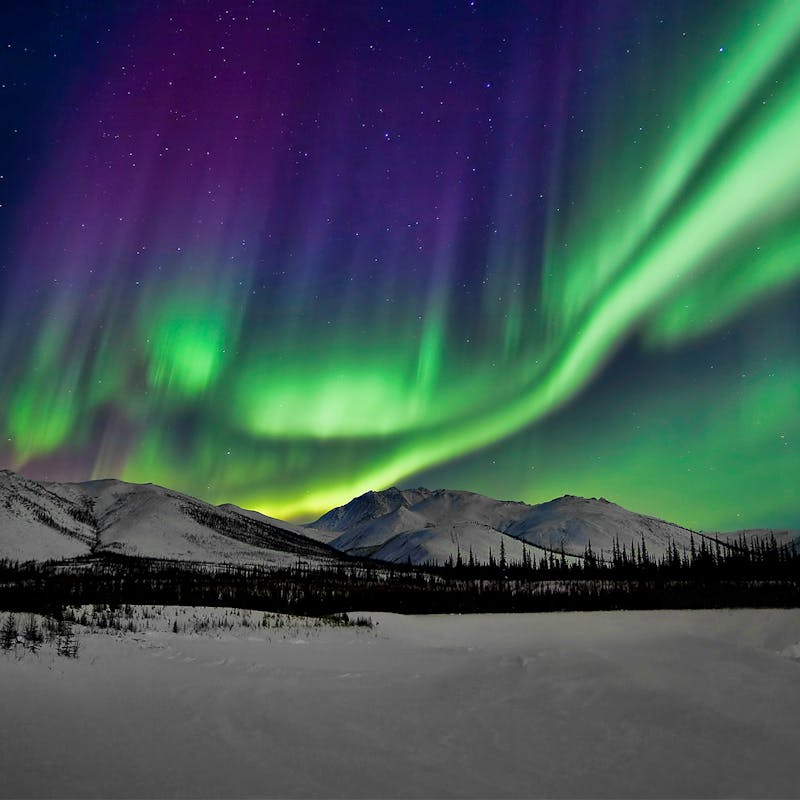Tweet“This research provides a better understanding of why the population of Cook Inlet belugas continues to decline,” said Nicole Whittington-Evans, director of Defenders of Wildlife's Alaska program. “The five-year anniversary of the recovery plan recently passed, with no signs of recovery in sight, and Defenders is hopeful that this is the wake-up call managers need to realize it is time for bold action if we are to save this species.”
Findings in a new Defenders of Wildlife study published in Frontiers in Marine Science, show that threats like pollution and prey limitations are preventing recovery of whale species that are closely related to Cook Inlet beluga whales. Research shows that these threats are likely contributing to the continued decline of this species.
“This research provides a better understanding of why the population of Cook Inlet belugas continues to decline,” said Nicole Whittington-Evans, director of Defenders of Wildlife's Alaska program. “The five-year anniversary of the recovery plan recently passed, with no signs of recovery in sight, and Defenders is hopeful that this is the wake-up call managers need to realize it is time for bold action if we are to save this species.”
The Cook Inlet beluga population is the only beluga whale population that is currently listed as endangered. Since 2010, the population has been declining at a rate of 2.3% each year. With just an estimated 279 Cook Inlet belugas left, time is running out for this species.
Recognizing we only have a few years to make meaningful change, Defenders of Wildlife and Dr. Stephanie Norman, Ph.D, a veterinary pathologist, conducted research that documents how known information and research about other endangered, closely related whale species can be used as “research surrogates,” to “fill in information gaps” and support beluga conservation and management.
This research shows that these threats when reviewed against surrogate species need to be elevated and better mitigated for Cook Inlet belugas. Currently, in the Cook Inlet beluga recovery plan, released by the National Oceanic and Atmospheric Administration, prey availability is ranked as a threat of medium concern and contaminants is ranked as low concern.
Based on the research findings, Defenders recommends the re-evaluation of threat levels, pursuing analysis of noise impacts to habitat, conducting an assessment of cumulative authorized takes, and implementing an adaptive management approach.
Belugas throughout Alaska and the Arctic have been a subsistence resource for coastal Tribes for thousands of years and still play a significant cultural role. Cook Inlet belugas are highly regarded as sentinels for the Tubughna people (meaning "people of the beach") of the Native Village of Tyonek.
“Defenders of Wildlife has been fighting for the recovery of Cook Inlet beluga whales for years. We and our partners petitioned to get the Cook Inlet beluga whale listed as an endangered species in 2007. It is past time management agencies take a bold approach for the recovery of this iconic species,” said Whittington-Evans.
For over 75 years, Defenders of Wildlife has remained dedicated to protecting all native animals and plants in their natural communities. With a nationwide network of nearly 2.1 million members and supporters, Defenders of Wildlife is a leading advocate for innovative solutions to safeguard our wildlife for generations to come. To learn more, please visit https://defenders.org/newsroom or follow us on X @Defenders.
Media Contact
News

Defenders Calls on Service to Pull Out from Habitat-Degrading Land Swap


